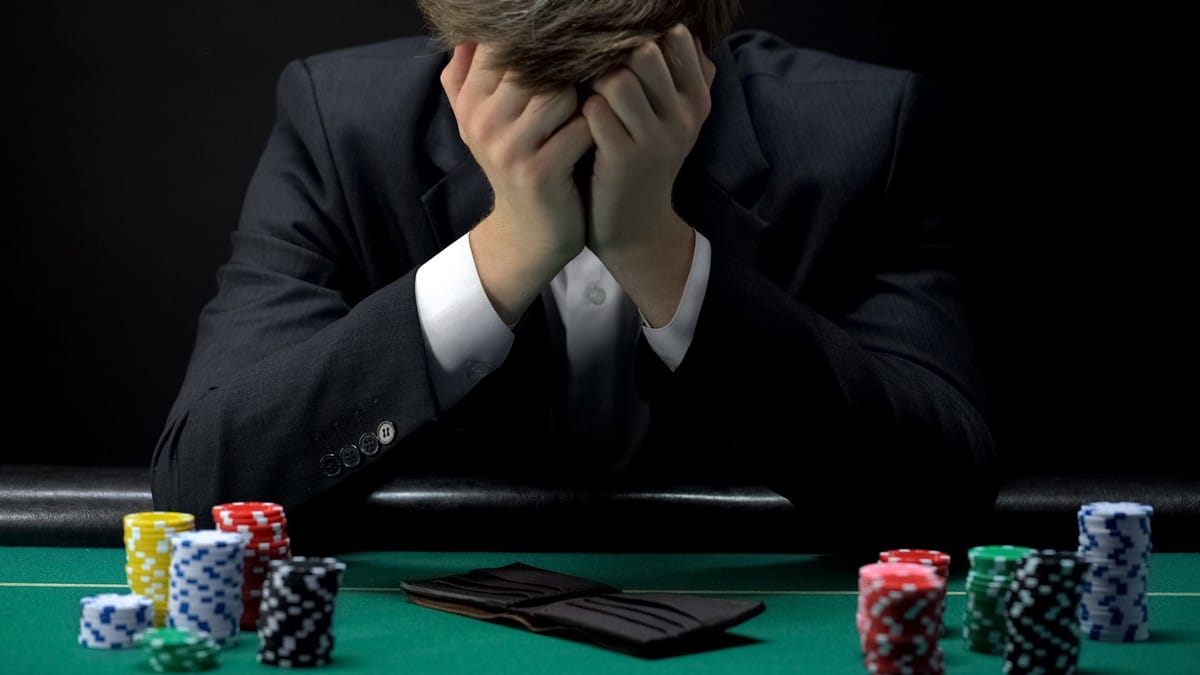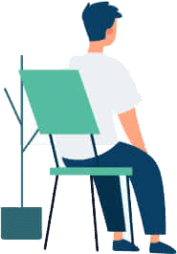Codeine Addiction, Opiate Abuse, Symptoms & Treatment

What is Solpadeine?
The medicines Solpadeine Max and Solpadeine Plus, which contain codeine and paracetamol, can be obtained over-the-counter to relieve temporary moderate pain. People may develop an opioid use disorder because of codeine’s addictive qualities when taking this medication. Soldapeine addiction it’s therefore similar to codeine addiction.
Solpadeine addiction
We have looked at the indications and symptoms that could show dependency if you are concerned about Solpadeine addiction. Along with outlining the assistance and care offered at rehab facilities throughout the UK, we’ve also discussed how you can move toward recovery by kicking your Solpadeine addiction and dealing with its negative side effects.
How do people become addicted to Solpadeine?
It’s possible for someone to think they can’t get addicted to something like Solpadeine. However, it can happen in a variety of ways, such as the following:
- Even if they have a good reason for taking Solpadeine (ex. pain relief), they develop drug dependence.
- They begin using Solpadeine to get the “high” they desire.
- They begin using Solpadeine in an effort to inhibit particular emotions and thoughts.
The medicine can cause the body to quickly develop a tolerance to it because it includes the opioid codeine. This means that over time, a person frequently needs to consume increasing amounts of the medication to experience the same euphoric effects or avoid opioid withdrawal symptoms.
Addiction to Solpadeine can be extremely harmful and have long-term effects like liver and kidney damage. The most frequent cause of opiate addiction-related death is respiratory failure, which can also result from high dosages. Respiratory depression, which is characterised by risky signs such as shallow breathing, slow breathing, and dropping blood pressure, can be brought on by high doses.
Signs of Solpadeine addiction
If you are concerned about yourself or a loved one, the following are typical indications of a Solpadeine addiction:
- ingesting more of the substance in order to experience the desired “high”
- exhibiting withdrawal signs after reducing the dosage or skipping a dose
- using Solpadeine even if the pain has stopped or never existed in the first place, notwithstanding the original cause of the pain
- visiting various pharmacies to purchase Solpadeine
- manipulating medical personnel to obtain the drug
- concealing the use of Solpadeine tablets and Solpadeine ingestion
- changes in appearance and a decline in grooming and personal hygiene
- becoming more reclusive and alone
As the addiction worsens, a person is more likely to resort to illegal means of obtaining the substance. If they have been purchasing the medicines online, they might potentially get additional parcels or even steal the drugs from friends, family, or pharmacies. As they require increasing amounts to prevent withdrawal symptoms, they might begin to abuse other medicines that include codeine.
It is crucial to seek out support if you are worried about a loved one or your own dependency. It’s critical to take the correct steps to begin your road to recovery because becoming addicted to Solpadeine can be deadly.
The Dangers Of Solpadeine
Although Solpadeine is less strong than opiates like Oxycodone, when taken in considerable quantities, both drugs have similar effects. This is because Solpadeine induces similar physiological responses in the body to harsher drugs like Morphine and Hydrocodone and shares a chemical composition with them. The negative effects of Solpadeine can start to show up right away and can get worse with time. If you believe a loved one is misusing Solpadeine, get in touch with a treatment centre straight away.
Due to the assumption that Solpadeine is generally innocuous, people frequently experiment with it. As a result, Solpadeine is viewed in an especially deceptive manner, which may encourage addiction to or abuse of opiates with higher potencies.
Solpadeine is a depressant that slows down breathing. At high doses, this may completely stop breathing in a person, which is potentially lethal. Seizures and coma are two more risky effects of a Solpadeine overdose.
Immediate Side Effects Of Solpadeine
Depending on the individual user and the dosage of the drug taken, Solpadeine might have a variety of rapid side effects. These side effects can be minor or potentially fatal. Among the potential immediate side effects are:
- Drowsiness
- Itching or rashes
- Constipation and stomach cramps
- Nausea
- Dry mouth
- Blurred vision
- Low blood pressure
- Dizziness
- Seizures
Recognising a Solpadeine Addiction
Addiction may make an abuser’s anxiety about managing daily tasks without Solpadeine worse. When a user of Solpadeine develops a tolerance to the drug, they need more of it to get the same effect as before. After a while, the substance is required merely to feel normal.
It might be challenging to distinguish between use, abuse, and addiction when it comes to Solpadeine because it is a legal narcotic that is simple to acquire. However, there are a few red flags that something might be wrong, such as upping dosages and putting off personal obligations.
By using a precise set of criteria listed in the Diagnostic and Statistical Manual of Mental Disorders, clinicians and addiction specialists can diagnose Solpadeine addiction. Cravings and developing a tolerance to Solpadeine are two instances of these requirements. A Solpadeine abuser may be diagnosed with a mild, moderate, or severe addiction, which aids in choosing the most appropriate treatment strategy.
Solpadeine addiction treatment
There are several Drug addiction treatment programmes that can help you quit Solpadeine.
One of our specialists will conduct an evaluation before you embark on your journey to recovery. You will have the chance to discuss your needs during this initial conversation, and our specialist will be able to suggest the best course of action for you.
In a comprehensive inpatient treatment programme, phases of detoxification and withdrawal are typically followed by counselling, individualised food and exercise programmes, and other therapy components that differ by the facility.
Inpatient vs Outpatient Treatment Options
Due to the rise of addiction cases, numerous high-end treatment centres have been built throughout the UK. Many recovery facilities offer both inpatient and outpatient addiction treatments.
A typical inpatient rehab programme provides addiction treatment in a tranquil, private, and quiet atmosphere and lasts one to three months.
People who cannot afford the time away from their families and occupations that inpatient treatment would need may benefit from outpatient treatment, which allows patients to remain at home when not in therapy sessions.
Detoxification
You can get rid of Solpadeine from your body with the use of a detoxification (detox) programme. The staff is always ready to help you 24 hours a day, 7 days a week, as it is crucial that this be done in a safe and controlled manner in an inpatient setting. By employing carefully monitored medication, technicians will also attempt to lessen any severe withdrawal symptoms you may encounter during the detox procedure.
Solpadeine Addiction withdrawal symptoms
Opiate withdrawal is not generally regarded to be fatal, but it is known to be uncomfortable due to some strong withdrawal symptoms. Detoxification and the subsequent mental condition put those who have done it and have a lower tolerance at a significantly higher risk of overdosing if they relapse.
The following are some of the symptoms of Solpadeine withdrawal that are most frequently seen:
- Cravings
- Flulike symptoms
- Heavy sweating
- Stomach cramps
- Nausea
- Vomiting
- Diarrhoea
- Mood swings
- Chills and increased susceptibility to cold
- Restless legs syndrome
- Muscle spasms
- Fatigue
- Apathy
- Depression
- Irritability
- Aggression
- Headache
- Loss of appetite
- Decreased libido
- Sexual dysfunction
- Anhedonia
- Anorgasmia
- Anxiety
- Clammy skin
- Confusion
- Dizziness
- Low blood pressure
It’s important to realise that each case of withdrawal from Solpadeine is unique and that each person may suffer withdrawal symptoms that are quite distinct from one another.
Rehabilitation programme
When you begin an inpatient rehabilitation programme, you will have the opportunity to focus on addressing the underlying causes and triggers of your addiction away from life’s distractions. The programme gives you the tools and techniques required for a solid and long-lasting recovery through group and one-on-one therapy, as well as seminars and workshops.
Once you finish treatment, some programmes keep dedicated to your ongoing rehabilitation, providing thorough relapse prevention strategies and individualised aftercare to assist you in maintaining your abstinence while you adjust to daily life again.
Therapy for Solpadeine Addiction
The following techniques are only a few of the many that can be employed in Solpadeine therapy:
Cognitive behavioural therapy (CBT)
Many people take Solpadeine and other prescription drugs to deal with negative emotions, stress, and trauma. While the majority of prescription drugs temporarily numb your feelings, this is a terrible tactic that promotes drug dependency. CBT is a type of therapy that focuses on your unique relapse triggers and the core causes of your addiction.
You’ll discover more effective, empowering ways to deal with socio-environmental triggers and how to manage and halt relapses. Your self-confidence and self-esteem will increase, and your chance of abusing drugs will go down if you learn how to change these negative views about yourself.
Motivational interviewing
Motivational interviewing is a non-confrontational, patient-centred therapeutic strategy emphasising comprehension and empathy. It’s a methodical, friendly approach that encourages dialogue-based positive transformation. The goal is the same as it is with CBT: to improve self-perception, raise self-esteem, and change negative emotions into positive ideas, concepts, and behaviours.
Contingency management
Contingency management is a strategy for motivating addicts in recovery by rewarding them when they accomplish new objectives. For instance, if you pass a drug test, lead a healthy lifestyle, or abstain for 30 days, you might receive discounts, cash, or awards to spend on non-addictive products. According to the journal Psychology of Addictive Behaviours, this type of therapy enhances patients’ retention and sobriety while they are receiving addiction treatment.
Get in Touch Today
Call 0800 999 1083 for more information on how Compare Rehab UK can help you with Solpadeine addiction treatment and rehabilitation.





